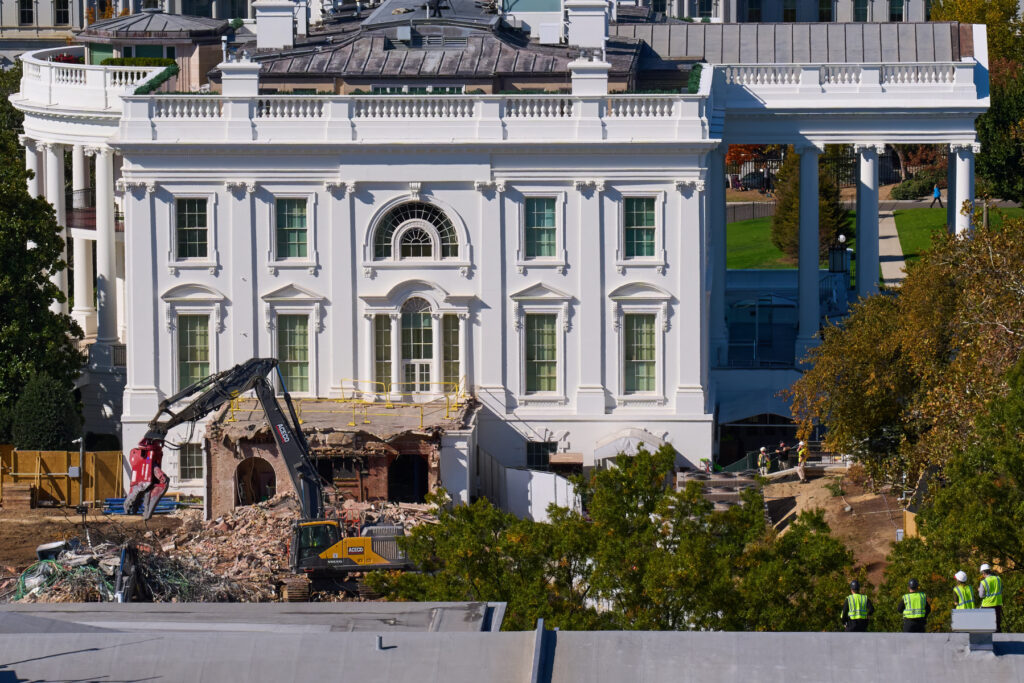A House Divided Cannot Stand
Haven’t We Had Enough of This?
Can you remember a time when we weren’t all so divided? When neighbors helped each other without asking how they voted? Life sure seemed better then. Simpler. More decent.
These days, it feels like every headline, every social post, every politician is trying to pit us against each other. Red vs. Blue. Rural vs. City. Us vs. Them.
But here’s the truth — this division isn’t helping a single one of us. It’s just making folks angry while the real problems we face — rising food costs, bad roads, lack of healthcare, and jobs for our kids — keep getting ignored.
As Abraham Lincoln warned long ago, “A house divided against itself cannot stand.” He was talking about slavery, but his words still fit today. Because when we’re fighting each other, nobody’s building anything. And our community suffers.
How We Got So Split Apart
For a lot of folks, politics seemed pretty straightforward until the mid-2010s. That’s when things started to feel different, driven by two big changes. First, Donald Trump came onto the national stage, bringing a style of politics that was louder and more divisive than what people were used to.
Second, social media became the main way many of us get news and stay in touch with current events. Together, these changes made political debates sharper, more personal, and more divided. Understanding this history can help anyone — whether you’ve supported Trump in the past or not — see how we got here and think about the choices we make for the future.
Government has been cutting back on programs that used to help working people — things like healthcare, education, and retirement support. That’s made folks feel forgotten, scared, and left behind. And when people feel that way, they are easy targets for politicians who love to point fingers.
Instead of fixing what’s broken, some leaders use that fear to stir up anger. They tell us there’s someone to blame — immigrants, city people, minorities, or “the other side.” It’s the same old trick: get us mad at each other so we don’t notice what they’re NOT doing for us.
Former Republican Congressman Adam Kinzinger pointed out how Donald Trump has taken that game even further — using government cuts and shutdowns to punish states and cities that didn’t vote for him. That kind of payback politics might make headlines, but it doesn’t build bridges, fix water systems, or bring jobs back to small towns. It just keeps us divided — and that’s exactly how he wins.
What It’s Doing to Us
Look around.
People don’t trust one another. Families argue over dinner. Old friends stop talking.
And all the while, our towns struggle with real issues — fire danger, drought, housing costs, food insecurity and keeping our kids safe at home and online.
We’ve turned politics into entertainment — outrage as a show. But it’s not a show when it’s tearing apart families and communities. It’s not funny when it’s making our lives harder.
Don’t we deserve better than that? Don’t our kids?
We Can Change This — Together
Here’s the good news: we don’t have to live like this. We still have the power to change things — with our votes, our voices, and how we treat each other.
We can choose to stop feeding the anger machine. We can start talking about what really matters — jobs, schools, roads, and keeping this a good place to live. We can show respect even when we don’t agree. And we can vote for people who actually want to solve problems, not just fight about them.
Groups like Braver Angels are proving it’s possible. They’re bringing regular folks together from all sides to talk things out and find common ground through their Citizen-Led Solutions program. That’s the kind of leadership we need more of — people willing to listen, not just yell.
And there are even folks like Rich Logis, a former MAGA supporter, who started a Leaving MAGA movement to help others step away from the anger and get back to real community values. If someone like him can change direction, maybe we all can.
So, What Do We Want for Our Kids?
Do we want them growing up in a country where everyone’s pointing fingers? Or one where people pull together and look out for each other again?
It’s up to us — nobody else. We don’t need Washington to fix this. We just need to remember what we’ve always known in the country:
You can’t raise a barn or save a town if everyone’s fighting.
A divided house won’t stand.
Haven’t we had enough of this?




